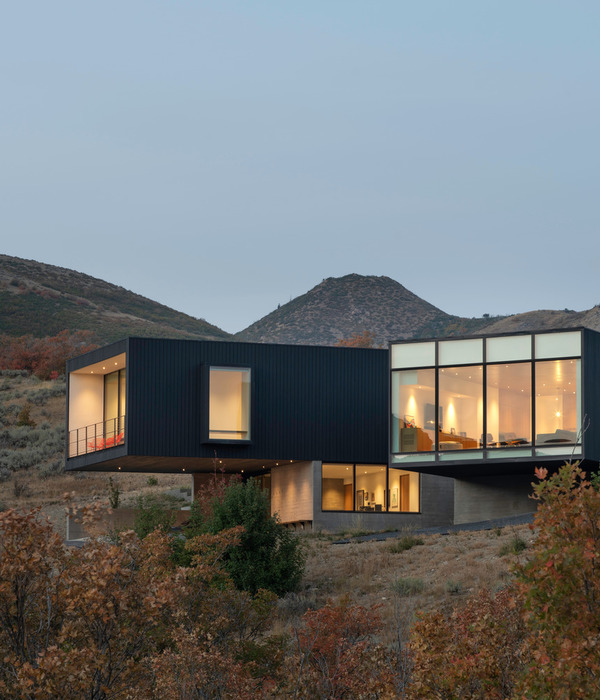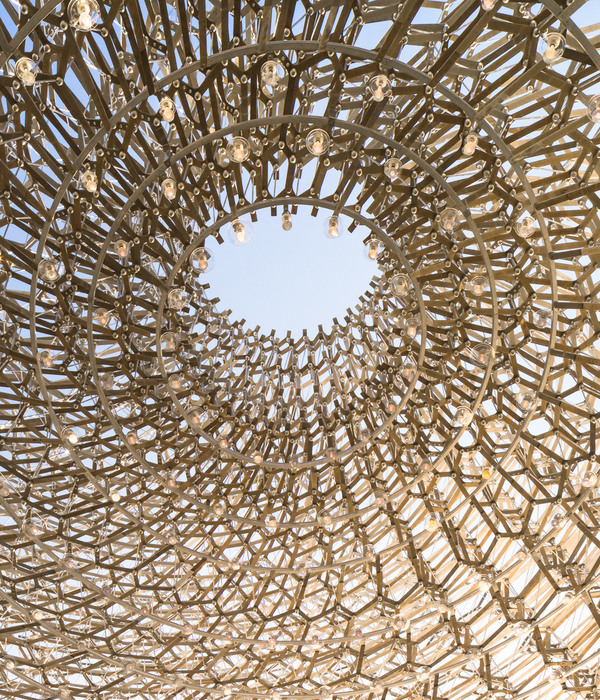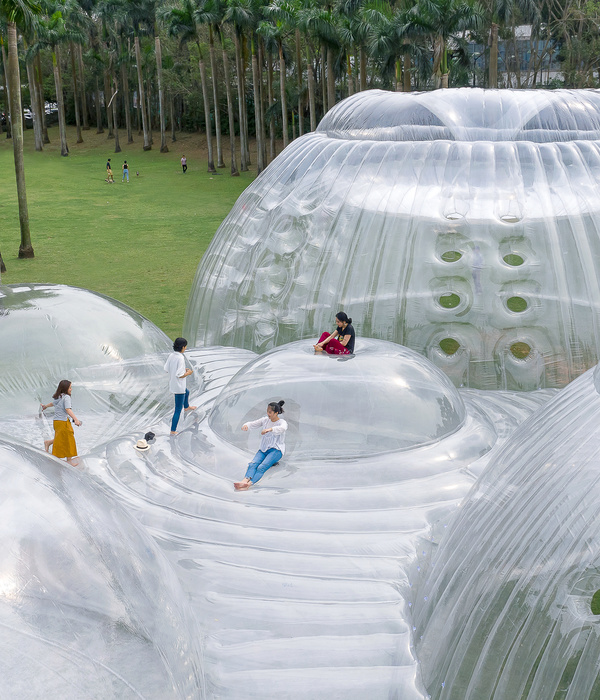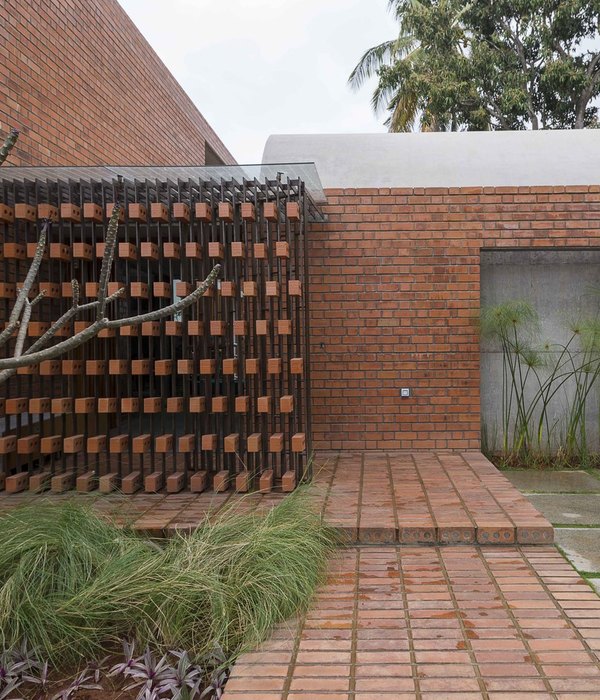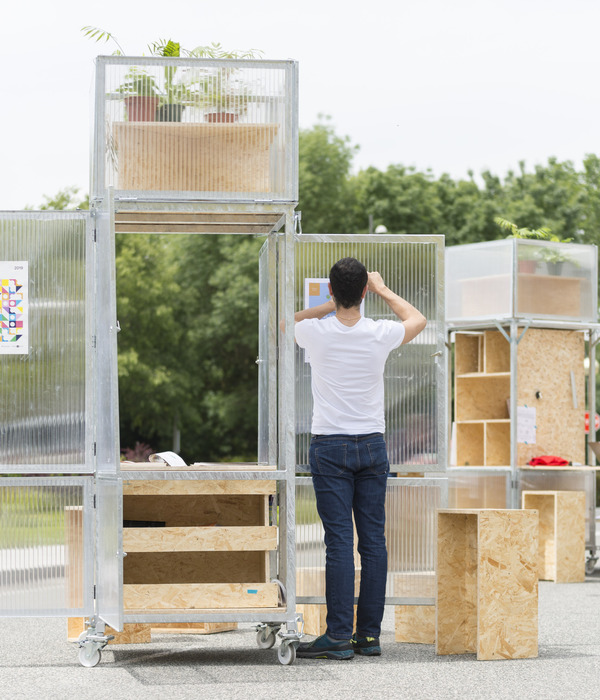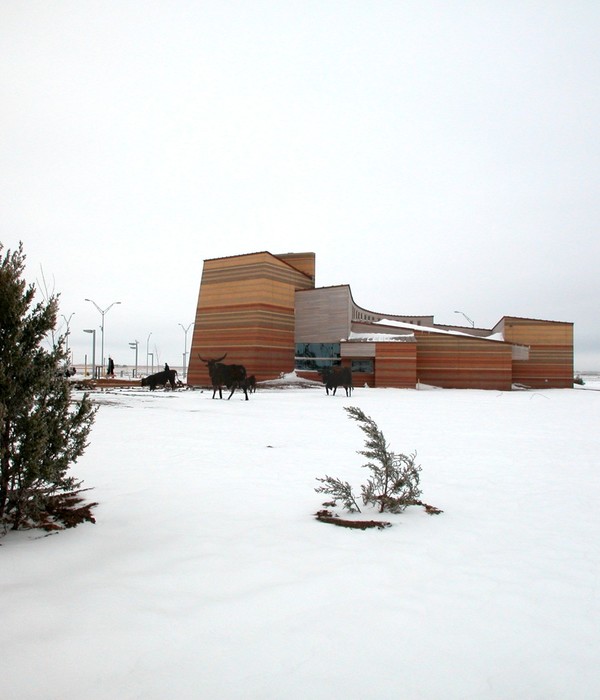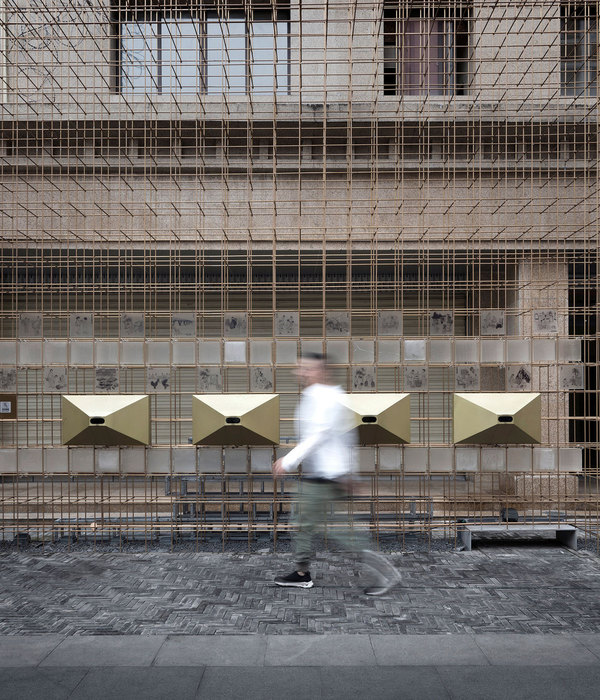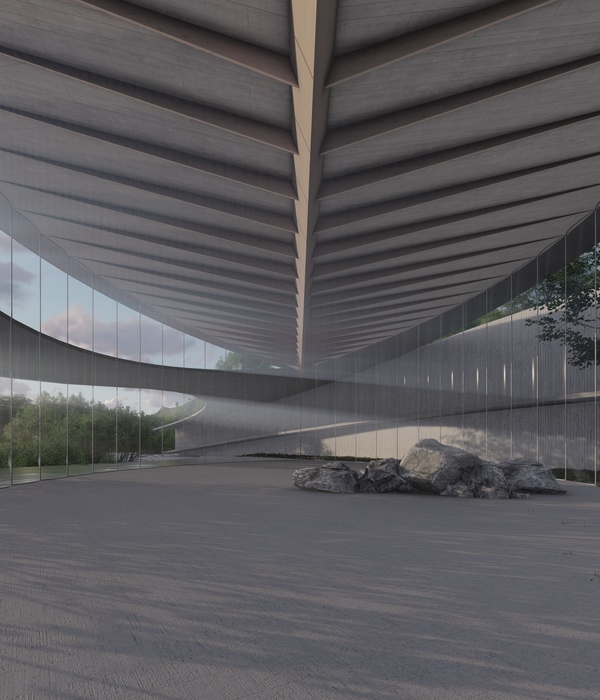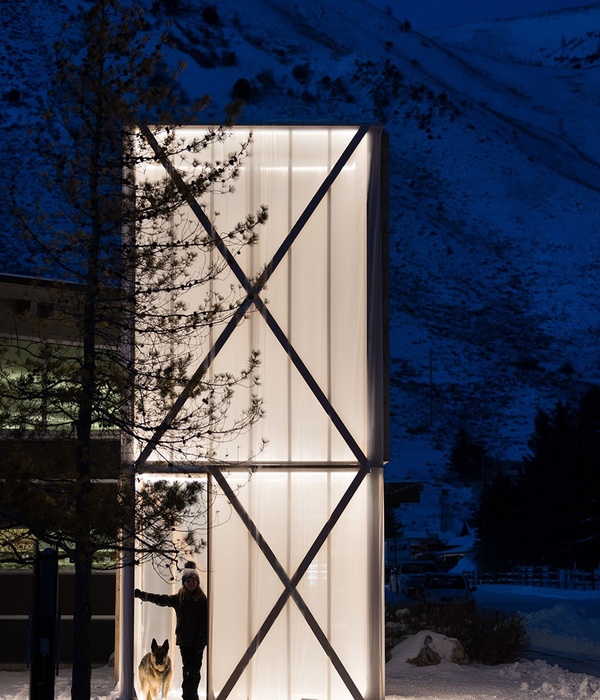Ydalir school, sports hall, and kindergarten is a new school complex built in the Hedmark region of Norway. This region is especially known for the woodlands and the local timber production. The project is built and clad almost entirely in wood construction (CLT) and was designed and built with ambitious goals for sustainable design and construction. The use of wood as a construction material, as well as cladding and for interior surfaces, was the primary tool for reducing the project's total carbon footprint.
The school is designed and constructed as a central element to a new ZEN district (Zero Emission Neighborhood) in the Elverum municipality. The new district with approx. 1000 homes will be one of the first such ZEN districts built in Norway. Ydalir School, sports hall, and kindergarten will be the central public buildings of the new district and function as catalysts for the neighbourhood and a trigger for the ambitions for the development of the surrounding area.
Sustainability, Materials, and Construction. Sustainable construction methods and a low carbon footprint were a leading part of the ambitious requirements for construction in the new ZEN district. The project was awarded NOK 5 million by the Norwegian Environmental Protection Agency for climate change funds.
The school and kindergarten are built primarily in CLT construction and to take advantage of advanced BIM design and up to date modular construction to increase accuracy and shorten construction time. All of the CLT elements were designed digitally and pre-fabricated before being delivered to the construction site. Reducing to a great degree building administration, building site complexity, and hence build time. The project is BREEAM certified as “Very Good” and sustainable design solutions have focused primarily on the extensive use of wood construction. Research in schools shows that using wood allows for better indoor climate compared to many other materials and currently researchers from the NTNU University in Trondheim and the SINTEF research community, are documenting the qualities and consequences of this extensive use of wood for the daily endeavors of children and staff at the Ydalir School.
Social Sustainability. As a group of public buildings with varied programs, Ydalir has become a natural node meeting point for the new area. The school and sports hall generate daytime and nighttime activity, with varied programs suited for both physical and cultural activities. In the school students have access to spaces dedicated to cooking, music, and other social activities. Combined with the sports facilities, both students and the public have access to varied spaces that provide a good opportunity for diverse activities and different types of social gatherings. The aim of these new social spaces is to foster social sustainability in the neighborhood through public accessibility that allows for social interaction and integration.
Design and Construction Process. The project was awarded to the firm Ola Roald Architecture (architects) and Betonmast (constructors) after an invited design competition with both price and qualifications being prioritized. Innovative sustainable design solutions counted as an important requirement in the competition brief.
After the competition win, the design development phase and construction phases of the project were able to be fast-tracked due to close collaboration, combined with a well-structured us of BIM and prefabrication. More time was allotted to the digital design and quality control of the CLT elements, as is often a requirement of prefabrication. Modular design and prefabrication also reduce the complexity of on-site assembly, leading to reduced construction time with fewer contractors on-site and a reduction of overall construction costs.
{{item.text_origin}}

